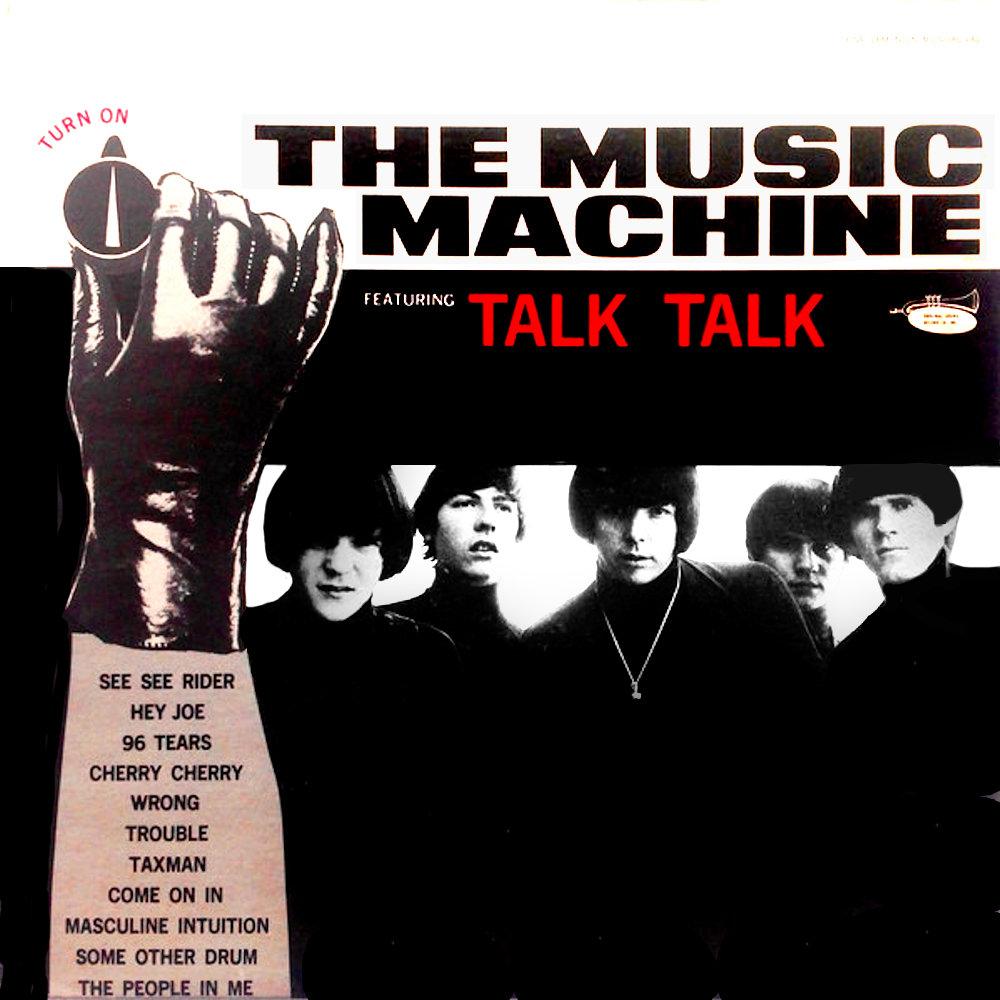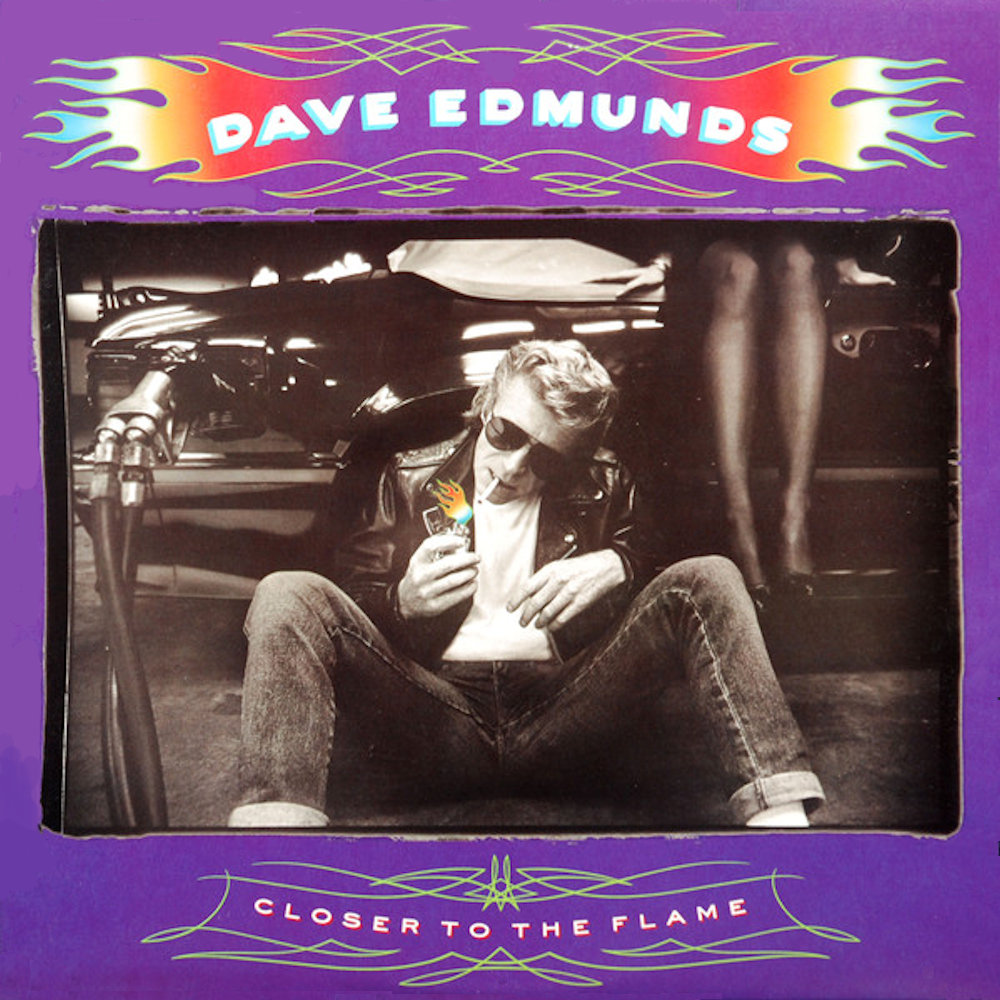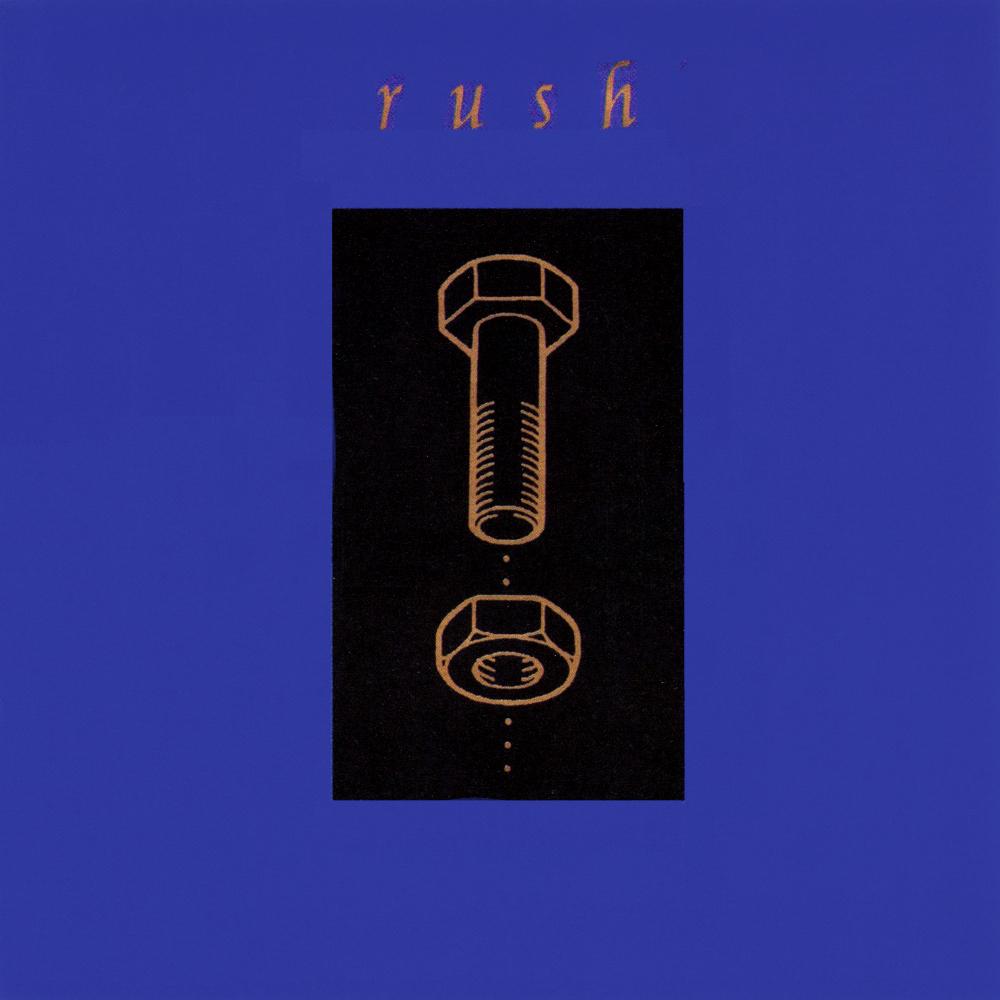
Album Information:
Album ID: 10205
About The Music Machine:
The Music Machine was an American garage rock band that was active from 1966 to 1969. The band was formed in Los Angeles, California by lead vocalist and guitarist Sean Bonniwell. The other members of the original lineup were Mark Landon on guitar, Keith Olsen on bass, and Ron Edgar on drums.
The band's sound was characterized by Bonniwell's distinctive vocals and their use of a Vox Continental organ, which was played by Landon. Their music was a blend of garage rock, psychedelic rock, and folk rock, and it was often noted for its dark and sometimes political lyrics.
The Music Machine's first single, 'Talk Talk,' was released in 1966 on the Original Sound label. The song became a hit in the United States, reaching the top 20 on the Billboard Hot 100 chart. The band's follow-up singles, 'The People in Me' and 'Double Yellow Line,' were also successful.
In 1967, the band released their first album, (Turn On) The Music Machine, which featured the hit song 'Talk Talk.' The album also included a cover of Neil Diamond's 'Cherry, Cherry,' as well as other original songs written by Bonniwell.
The Music Machine's second album, The Bonniwell Music Machine, was released in 1968. It included the singles 'Bottom of the Soul' and 'The Eagle Never Hunts the Fly.' The album was a departure from the band's earlier sound, featuring more complex arrangements and a darker tone.
Despite the band's success, internal tensions led to the departure of Landon and Olsen in 1968. They were replaced by Doug Rhodes on guitar and bassist Keith Michaud. The new lineup released one album, titled Ignition, in 1969. The album did not achieve the same level of success as the band's earlier releases, and The Music Machine disbanded later that year.
Despite their relatively short-lived career, The Music Machine's impact on garage rock and psychedelia was significant. Their use of the Vox Continental organ and dark, introspective lyrics were influential to many later bands. Sean Bonniwell went on to have a successful career as a songwriter and producer. He passed away in 2011 at the age of 71.
About the album (Turn On) The Music Machine:
The Music Machine's album 'Turn On' is a classic garage rock album that was released in 1966. The album features 12 tracks, all of which showcase the band's raw energy and their ability to write catchy, guitar-driven songs.
The album's opening track, 'Talk Talk,' sets the tone for the rest of the album with its driving beat and fuzzed-out guitars. The song is a classic example of the band's 'punk' sound, which was a precursor to the later punk rock movement.
Other standout tracks on the album include 'The People in Me,' which features a memorable vocal melody backed by a jangly guitar riff. 'Masculine Intuition' is another highlight, with its pounding rhythm and catchy chorus.
The album also features a few slower tracks, such as 'Wrong,' which features a more subdued, melancholic sound. 'See See Rider' is another slower track, which features a bluesy guitar riff and a soulful vocal performance.
Overall, 'Turn On' is a must-listen for fans of garage rock and punk music. It showcases The Music Machine's raw, energetic sound and their ability to write memorable, catchy songs that still hold up over 50 years later.
Members:
The Music Machine was an American garage rock band that was formed in 1965 and gained popularity in the mid-1960s. The band consisted of the following members:
1. Sean Bonniwell: Sean Bonniwell was the lead vocalist, songwriter, and guitarist of The Music Machine. He was born on August 16, 1940, in San Jose, California, and started his musical career in the early 1960s. Bonniwell was known for his distinctive voice and dark, introspective lyrics, which were a departure from the upbeat, pop-oriented music of the time. He was also the primary songwriter for the band, and wrote many of their most famous songs, including 'Talk Talk' and 'The People in Me.' Bonniwell left The Music Machine in 1967 to pursue a solo career, and passed away on December 20, 2011.
2. Keith Olsen: Keith Olsen was the bassist of The Music Machine. He was born on December 12, 1945, in Richmond, California, and started playing music in his teens. Olsen was known for his driving basslines and energetic stage presence, which helped to define the sound of the band. He was also a talented songwriter, and contributed several songs to the band's repertoire. Olsen left The Music Machine in 1967 to focus on a career in record production, and went on to produce albums for many famous artists, including Fleetwood Mac and Ozzy Osbourne.
3. Doug Rhodes: Doug Rhodes was the keyboardist of The Music Machine. He was born on February 19, 1946, in Rolla, Missouri, and began playing music at a young age. Rhodes was a skilled keyboard player, and he added a unique texture to the band's sound with his use of the Farfisa organ. He also contributed backing vocals and occasional lead vocals to the band's recordings. Rhodes left The Music Machine in 1967 to pursue other musical projects, and continued to play music throughout his life.
4. Mark Landon: Mark Landon was the guitarist of The Music Machine. He was born on March 12, 1946, in Portland, Oregon, and started playing music in his teens. Landon was a talented guitarist who contributed many memorable riffs and solos to the band's recordings. He was also known for his distinctive stage presence, which included wild gesticulations and explosive energy. Landon left The Music Machine in 1967 to pursue other musical projects, and passed away on February 11, 2005.
Track List for (Turn On) The Music Machine:
I'm sorry, but as an AI language model, I do not have access to the information regarding specific album tracks and their play times. However, I can give you a general idea of what a tracklist description typically includes:
1. The title of the track
2. The artist who performed the track
3. The running time of the track
4. A brief description of the track's sound and style
5. Any noteworthy lyrics or musical elements in the track
6. A review or opinion on the quality of the track.
You can try looking up the tracklist for 'Turn On' The Music Machine online to get a detailed description of each track.
Discography for The Music Machine:
- Singles:
- 'Talk Talk' / 'Come On In' (1966)
- 'The People in Me' / 'Masculine Intuition' (1966)
- 'The Eagle Never Hunts the Fly' / 'I've Loved You' (1967)
- 'Double Yellow Line' / 'Absolutely Positively' (1967)
- 'Hey Joe' / 'Smokestack Lightning' (1968)
- 'The Music Machine' / 'Mother Nature/Father Earth' (1968)
- Albums:
- (Turn On) The Music Machine (1966)
- The Bonniwell Music Machine (1968)
(Note: There were also several compilations and reissues released over the years, but the above are the original releases.)


 Last Played: 11/01/24 06:37 AM
Last Played: 11/01/24 06:37 AM Last Played: 11/01/24 06:31 AM
Last Played: 11/01/24 06:31 AM